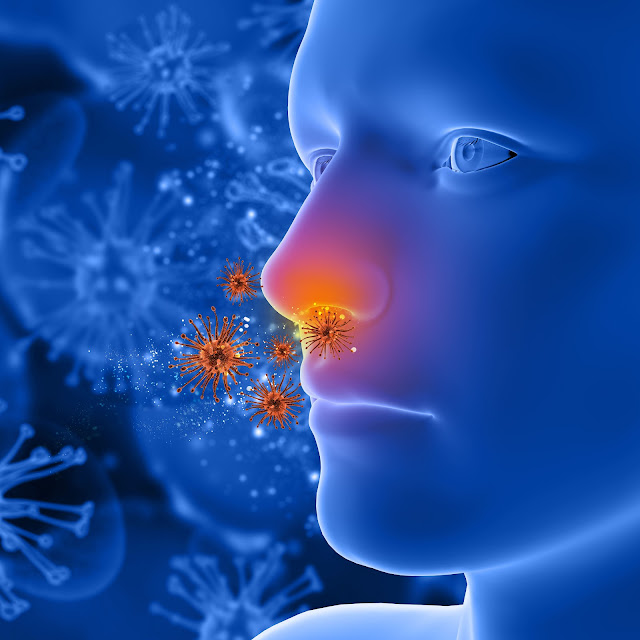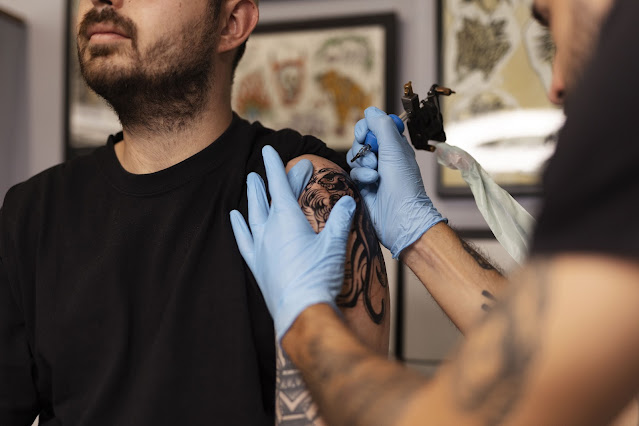how long after wisdom teeth removal can i eat?
How Long After Wisdom Teeth Removal Can I Eat: A Comprehensive Guide
 |
| Image by Freepik |
If you're about to have your wisdom teeth extracted, you're probably wondering how long it will take to recover and get back to your routine. One of the most common questions people have after wisdom teeth removal is, "How long after wisdom teeth removal can I eat?"
The answer is not straightforward because everyone's recovery is different. However, in this comprehensive guide, we will discuss everything you need to know about eating after wisdom teeth removal.
Introduction
Wisdom teeth, also known as third molars, are the last teeth to emerge in the mouth, typically between the ages of 17 and 25. Most people have four wisdom teeth, but some may have fewer or none at all. Wisdom teeth can cause problems such as crowding, misalignment, and impaction, leading to pain, infection, and damage to adjacent teeth.
Wisdom teeth removal is a common oral surgery procedure, and it is normal to experience some discomfort and swelling after the procedure. You will need to adjust your diet for a few days to promote healing and prevent complications. In this guide, we will answer the most frequently asked questions about eating after wisdom teeth removal.
How Long After Wisdom Teeth Removal Can I Eat?
It is crucial to give your mouth time to heal after wisdom teeth removal before you start eating regular foods again. The length of time you need to wait before eating depends on various factors, such as the extent of the procedure, your age, overall health, and how well you follow post-operative instructions.
The general rule of thumb is to stick to a soft, cold, and liquid diet for the first 24 hours after wisdom teeth removal. Avoid hot, spicy, crunchy, and chewy foods as they can irritate the surgical site, dislodge the blood clot, and cause bleeding and pain.
After the first day, you can gradually start incorporating soft foods that require minimal chewings, such as soups, broths, smoothies, and yogurt. You can also try mashed potatoes, scrambled eggs, oatmeal, applesauce, and pudding.
As your healing progresses, you can gradually add more solid foods to your diet, but it's essential to listen to your body and not rush the process. You should avoid hard, sticky, or crunchy foods for at least a week after wisdom teeth removal.
In summary, it's best to start with a soft, cold, and liquid diet for the first day and gradually add soft foods as your healing progresses. Avoid hard, crunchy, and chewy foods for at least a week, or until your dentist or oral surgeon clears you for a regular diet.
What Foods Should I Avoid After Wisdom Teeth Removal?
As mentioned earlier, you should avoid hot, spicy, crunchy, and chewy foods for at least 24 hours after wisdom teeth removal. However, some foods are more likely to cause complications or delay healing, and you should avoid them for several days or weeks after the procedure.
Here are some foods to avoid after wisdom teeth removal:
- Carbonated drinks
- Alcohol
- Coffee and tea
- Citrus fruits and juices
- Tomatoes and tomato-based products
- Chips and popcorn
- Nuts and seeds
- Sticky candy and gum
- Hard and chewy bread
- Tough meat and jerky
Instead, stick to soft and nutritious foods that promote healing and hydration, such as:
- Broths and soups
- Smoothies and protein shakes
- Mashed potatoes and sweet potatoes
- Scrambled eggs and omelets
- Avocado and banana
- Applesauce and pureed fruits
- Yogurt and pudding
- Cooked vegetables
- Soft cheese
Can I Drink Through a Straw After Wisdom Teeth Removal?
After the first day, you can start using a straw, but it's best to avoid the surgical site and use caution not to create too much suction. You should also avoid carbonated drinks and hot beverages for at least a week after wisdom teeth removal.
Can I Eat Spicy Food After Wisdom Teeth Removal?
Can I Eat Ice Cream After Wisdom Teeth Removal?
Instead, opt for soft and smooth ice cream flavors such as vanilla, chocolate, or strawberry. You should also avoid ice cream that is too cold or too hot, as extreme temperatures can cause pain and sensitivity.
Can I Eat Chips After Wisdom Teeth Removal?
Instead, opt for softer alternatives such as mashed potatoes, cooked vegetables, and soft cheese. You can also try tortilla chips that have been soaked in salsa or soup to soften them.
Can I Eat Pizza After Wisdom Teeth Removal?
Instead, opt for a soft and thin-crust pizza with mild toppings such as cheese, mushrooms, and vegetables. You should also avoid hot and gooey cheese that can stick to the surgical site and cause discomfort.
Conclusion
You should stick to a soft, cold, and liquid diet for the first day and gradually introduce soft foods as your healing progresses. Avoid hot, spicy, crunchy, and chewy foods for at least a week or until your dentist or oral surgeon clears you for a regular diet.
Remember to stay hydrated, avoid using a straw, and listen to your body's signals. If you experience persistent pain, bleeding, or other complications, contact your dentist or oral surgeon immediately.

